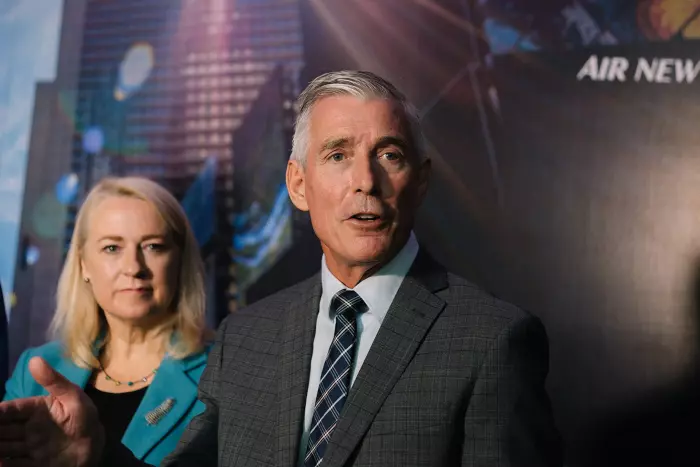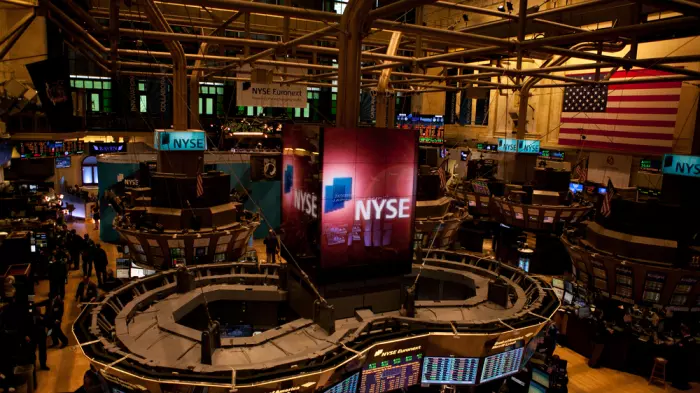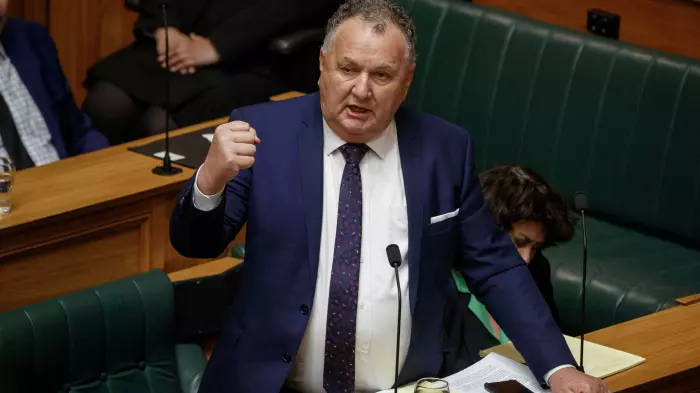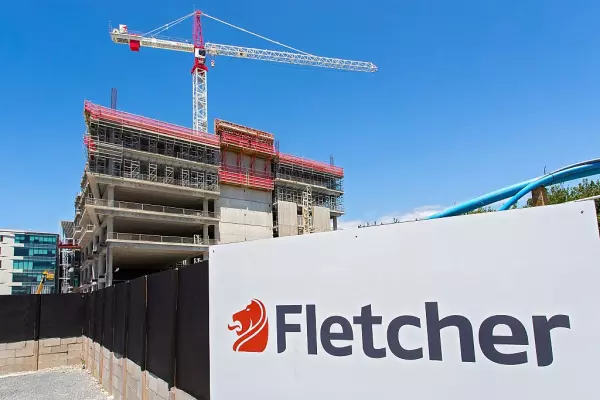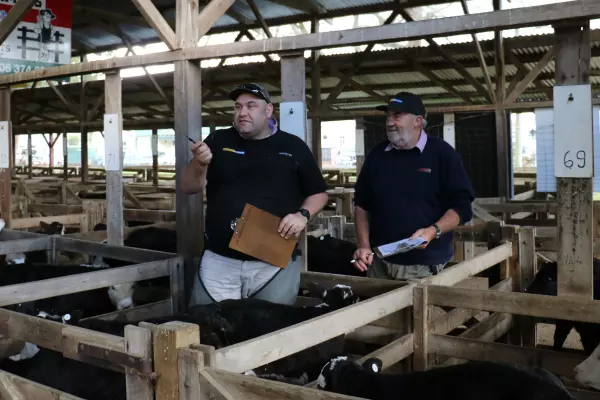Air New Zealand will spend $3.5 billion on new aircraft and retrofitting its existing fleet over the next five years.
That includes the purchase of eight new 787-9 Dreamliners and five Airbus A320neo aircraft, bringing a combined 4.5 million seats onto 39 routes online.
Air NZ chief executive Greg Foran said the significant capital investment will also go towards refurbishing its 14 Boeing 787 planes, with work expected to start next year.
Speaking at the travel industry summit Trenz on Wednesday, Foran said the group was also in final negotiations to secure another Boeing 777-300ER, the eighth in the fleet, and add 3,000 more seats a week to the international network.
That's as the airline gets back to pre-covid domestic passenger levels, with international ticketing at about 91% of pre-pandemic levels. Domestically, the airline has added 5,000 seats a week into Christchurch alongside 6,000 more seats out of Auckland and into regional airports.
Foran said 12 million passengers had flown with the airline this financial year, traffic levels were back to 2019 levels on the Tasman and Pacific Island network, while capacity on the Asian network is at 117% of pre-covid levels.
Capacity is also being expanded on the popular Houston, San Francisco and Vancouver routes, he said.
The strength of demand out of North America has also seen American airline Unite launch new routes from San Francisco to Christchurch and Los Angeles to Auckland.
Delta Airlines will also add a LA to Auckland route in October, leading to an 11% increase in flight volumes into NZ.
The airline would also be investing $30m in marketing campaigns this year, targeting high-quality visitors.
That, he said, will be in tandem with rebuilding its offshore sales and marketing teams. All up, the airline has rehired 3,000 jobs lost during the pandemic border and travel shutdowns.
Net zero
Foran said the climate crisis was an "existential threat" to tourism, and Air NZ was focused on decarbonising its business across the use of sustainable aviation fuel, flight operation efficiencies and zero-emissions aircraft technology.
That will include replacing the airline's Q300 turboprop fleet with alternative fuels or alternative technology, but Foran said there was an expectation that electric aircraft would be in a test phase before those replacements.
The airline was also focused on becoming the world's leading digital airline and had been evaluating the use of biometrics in US airports alongside upgrades to its new 'flightkeys' software, which provides more accurate and faster flight plans.
The group also used Trenz as the launch pad for its planned Skynest offering, pegged as the world's first sleep pods in the sky.
Air NZ chief customer and sales officer Leanne Geraghty said the economy class sleep pod, which would sleep six, would be launched next September, first on long-haul North American routes.
Geraghty said while the final details were still being 'worked through", at this stage the extra ticket cost would range from $400 to $600 for a four-hour booking.


